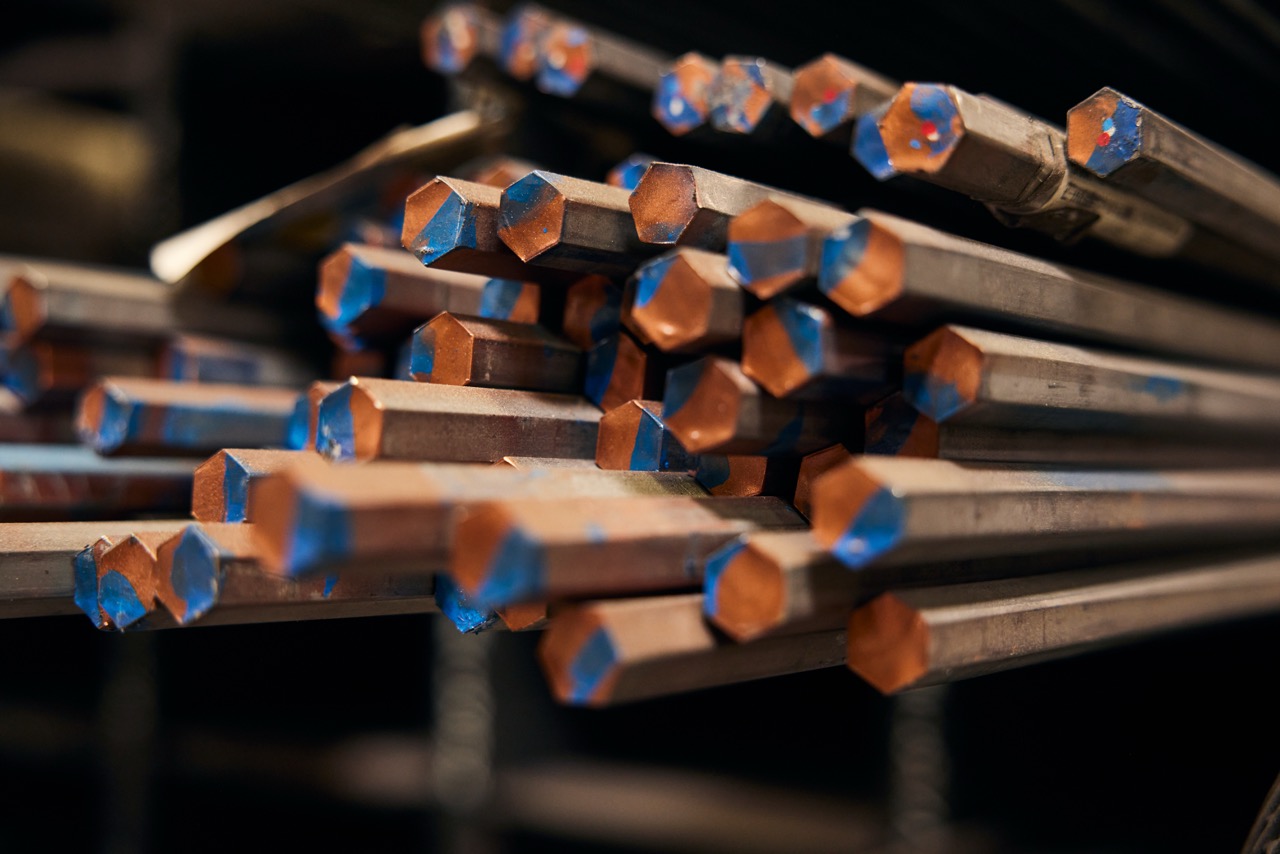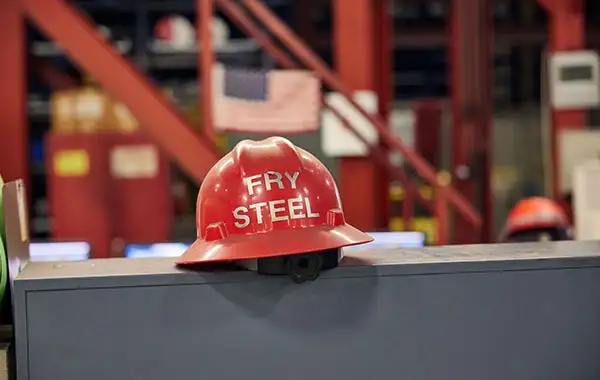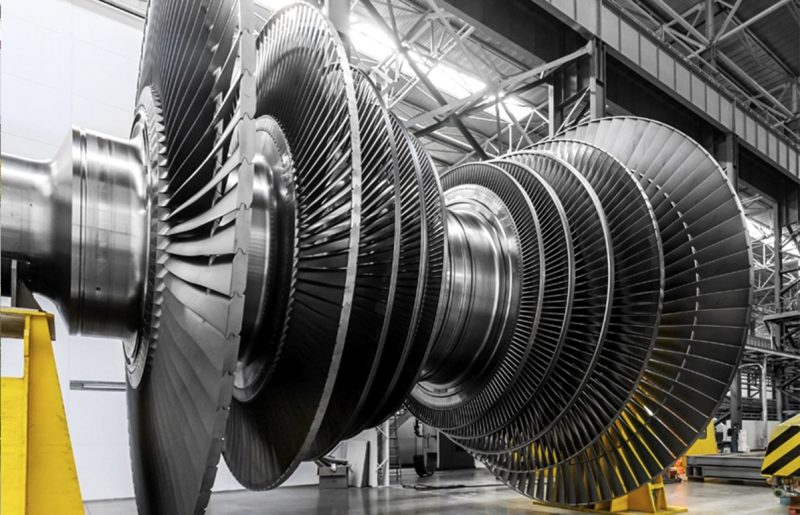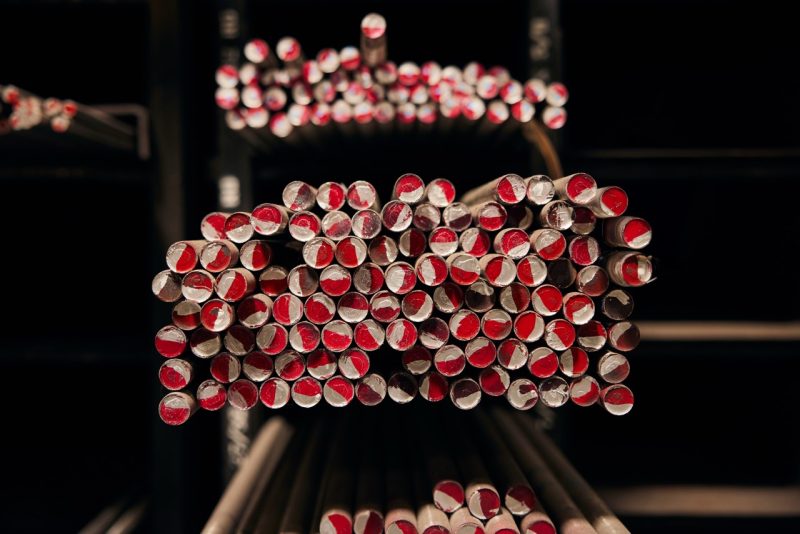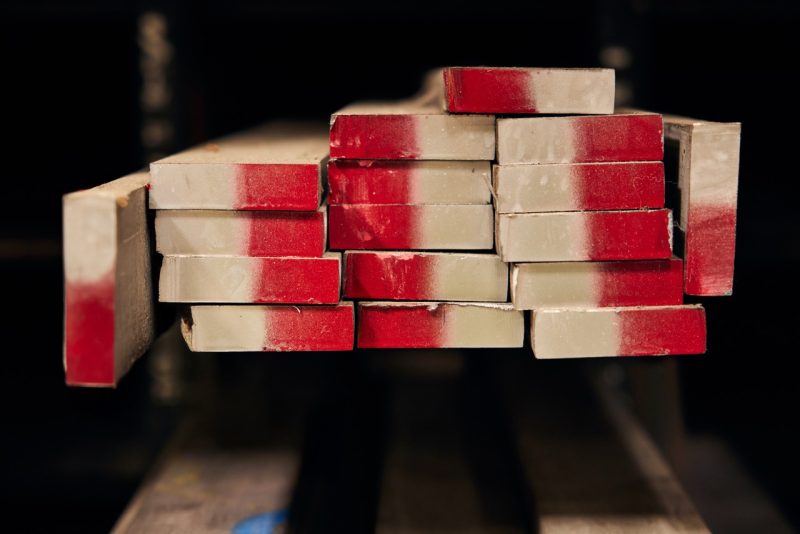In the aerospace industry, every material choice matters. From fuselages and engine components to wings and interiors, each metal used needs to meet high-demand standards in terms of strength and resistance to corrosion, temperatures, stress, and more. How you source your materials is critical to your success.
This guide breaks down the most common types of aerospace metals, their properties, and their best applications. You’ll also learn what to consider when sourcing materials and how to select a trusted partner in aerospace metals. Read on to learn this and more.
Aerospace Metals and Why They Matter
Aerospace metals are a category of high-performance metals used in aircraft, spacecraft, satellites, and more. These environments are highly demanding, with extreme temperature fluctuations, high levels of stress, and strict weight constraints. Metals used in aerospace materials are selected for their ability to withstand these conditions.
Choosing the right aerospace material selection directly impacts a range of factors, including:
- Fuel efficiency: The lighter the weight of an aerospace metal, the better the aerodynamics and less fuel required to propel the craft.
- Structural integrity: In this high-intensity environment, the structural integrity of an aircraft can mean the difference between life and death.
- Lifespan: Investing in high-quality raw materials can reduce the need for frequent maintenance and dramatically extend lifespan.
Common Aerospace Metals and Their Applications
Selecting the correct aerospace metals plays a significant role in your end result. Read on to learn the most common metals used in aerospace manufacturing and their best applications.
Aluminum Alloys
When used in the aerospace industry, aluminum alloys are known for their high strength-to-weight ratio, strong resistance to corrosion, and ease of machining. Aluminum can be shaped into complex aerospace components and are much easier to weld than other alloys.
Aluminum is a common aerospace material selection for:
- Fuselages: Aluminum alloys are often used as the outer skin of fuselages.
- Wings: These materials provide structure to many components of aircraft and spacecraft wings, including the stringers and spars.
- Fuel tanks: Because of their high corrosion resistance and easy machining, some aluminum alloys make an excellent choice for fuel tanks.
- Support structures: Aluminum alloys’ high strength-to-weight ratio is advantageous in a range of different interior structures like overhead bins, seat frames, and more.
Titanium Alloys
Because of their high strength and light weight, titanium alloys are a very popular aerospace metal. They offer high resistance to corrosion and heat resistance, withstanding temperatures of about 1,000°F. Titanium alloys also provide good fatigue resistance, giving aerospace components longer lifespans.
Titanium alloys are go-to aerospace metals for components including:
- Landing gear: Titanium alloys provide significant strength and impact-resistance without adding too much weight to landing gear.
- Engines: Many engine components are made of titanium alloys, including turbine blades, disks, and casings in jet and rocket engines.
- Cryogenic components: Ti-3Al-2.5V is a titanium alloy that’s resistant to extremely low temperatures and is commonly used in aerospace structures with exposure to cryogenic environments.
Nickel Alloys
Nickel alloys are very strong, even in the face of extreme temperatures. Some nickel alloys can withstand temperatures as low as -238°F and as high as 1,800°F or higher. Nickel-based alloys are also highly resistant to oxidation, corrosion, or erosion in harsh environments.
Nickel-alloy metals are used in aerospace manufacturing of components, including:
- Jet engines: These materials can be found in turbine blades, combustion chambers, and other jet engine components that are exposed to extreme temperatures and high stress.
- Wings: Nickel alloys are used to create very strong and durable wing components.
- Exhaust systems: Components of aerospace exhaust systems are regularly exposed to very high temperatures and corrosive gases, making nickel alloys a great choice for these components.
Stainless Steel
Much like nickel alloys, stainless steel is also capable of withstanding extreme temperatures and is highly resistant to corrosion. Stainless steel is also quite easy to machine, making it a great choice for manufacturing complex components.
Stainless steel metals are often found in:
- Landing gear: Stainless steel can easily absorb repeated landing impacts without fracturing or being damaged.
- Joints and fasteners: Because of its durability and resistance to corrosion, it’s a common metal for key joints and fasteners throughout the aircraft.
- Engine components: Stainless steel’s high heat and corrosion resistance also make it a great choice for engine components exposed to extreme temperatures and corrosive chemicals.
Aerospace Metals: Key Considerations
When selecting aerospace metals for your upcoming project, it’s vital to consider the following factors:
- Traceability: Source materials that are fully traceable, from mill to distributor, to verify quality and compliance.
- Supplier certifications: Industry certifications like the ISO 9001 certification are voluntary quality measurement systems that independently verify whether an organization meets global standards. Source your materials from certified suppliers to ensure the highest possible quality.
- Balancing cost and quality: While higher quality materials may cost more upfront, they result in significant savings long-term. Components made from high-quality materials offer longer lifespans and lower maintenance costs.
Fry Steel: Your Trusted Partner in Aerospace Metal Supply
The aerospace metals you source make all the difference in your end result. It’s essential to partner with an aerospace and aircraft alloy supplier that is not only trustworthy and compliant, but one that has a deep understanding of the industry, like Fry Steel. We’re committed to providing you with fast lead times, responsive customer support, and experts who understand the unique challenges of aerospace manufacturing.
Ready to start sourcing aerospace materials with confidence? Get in touch with a Fry Steel sales rep in your region today.

